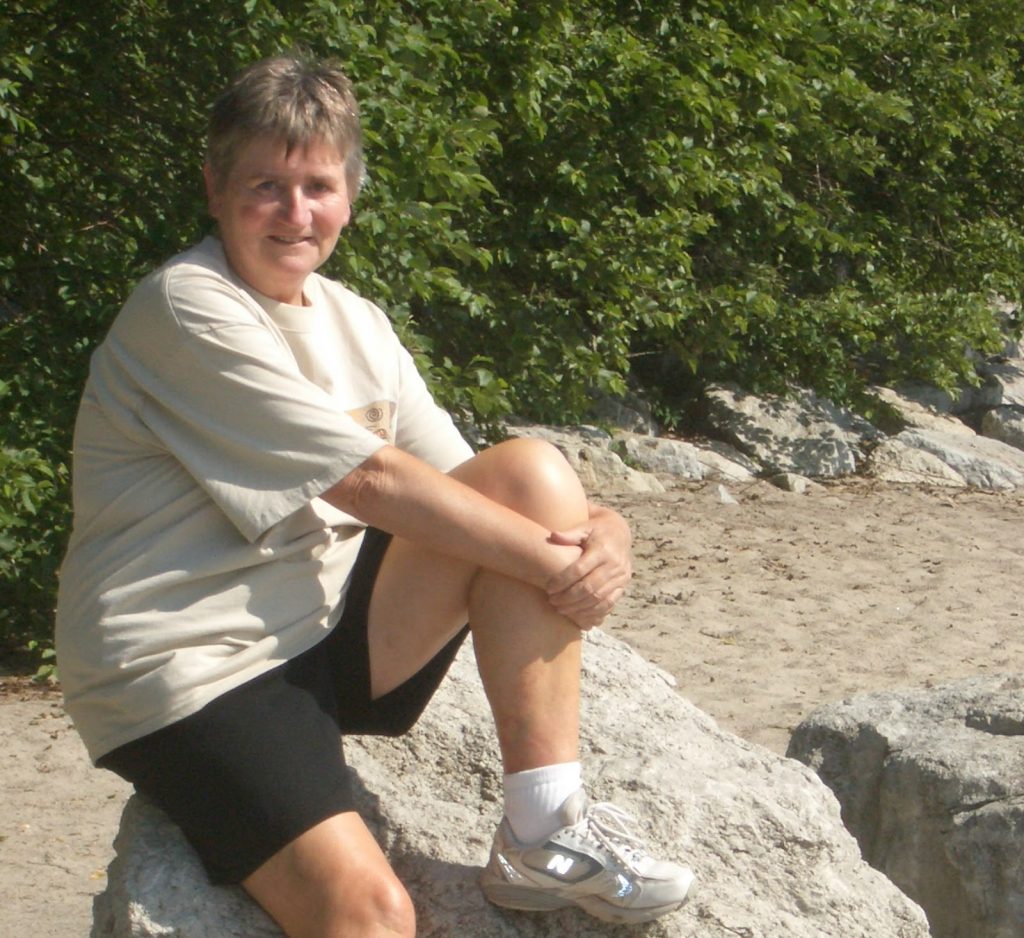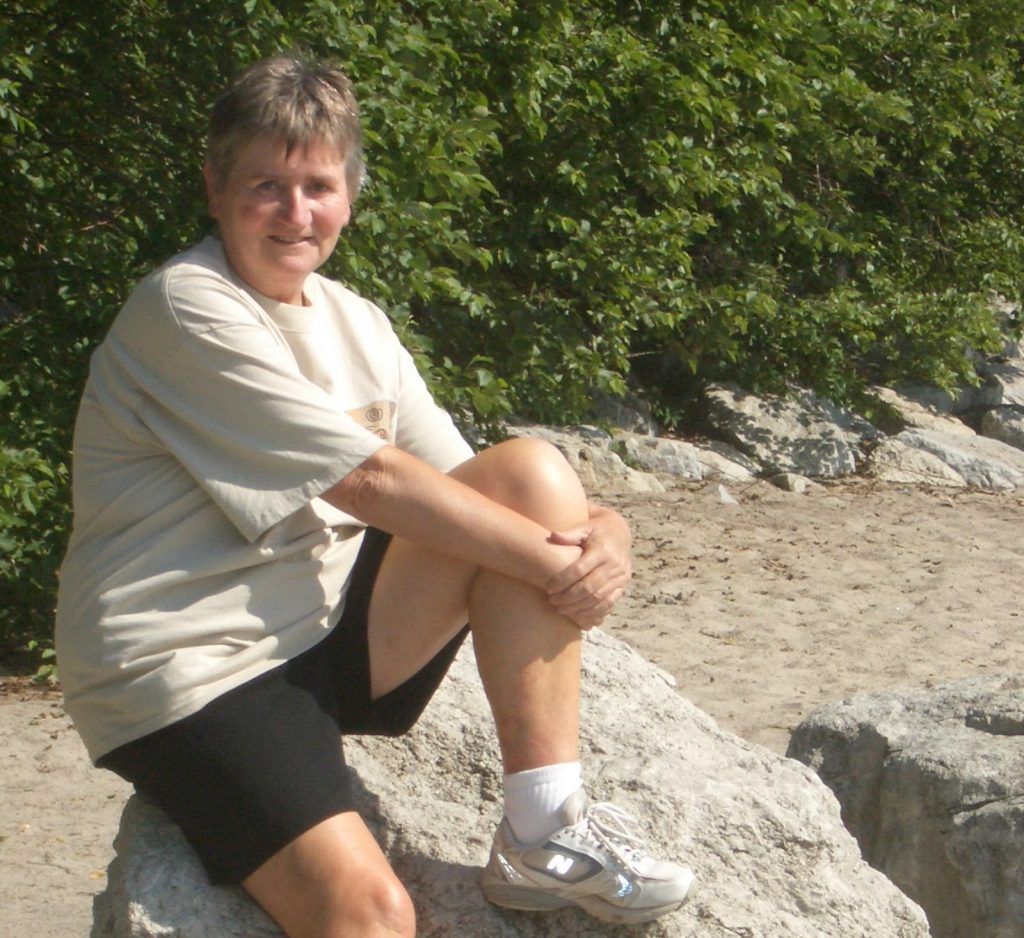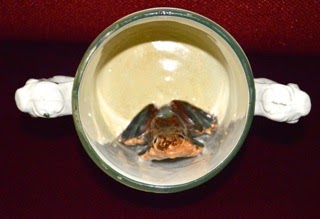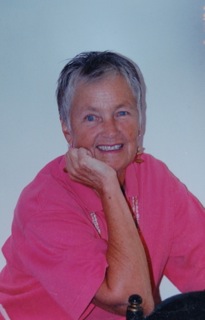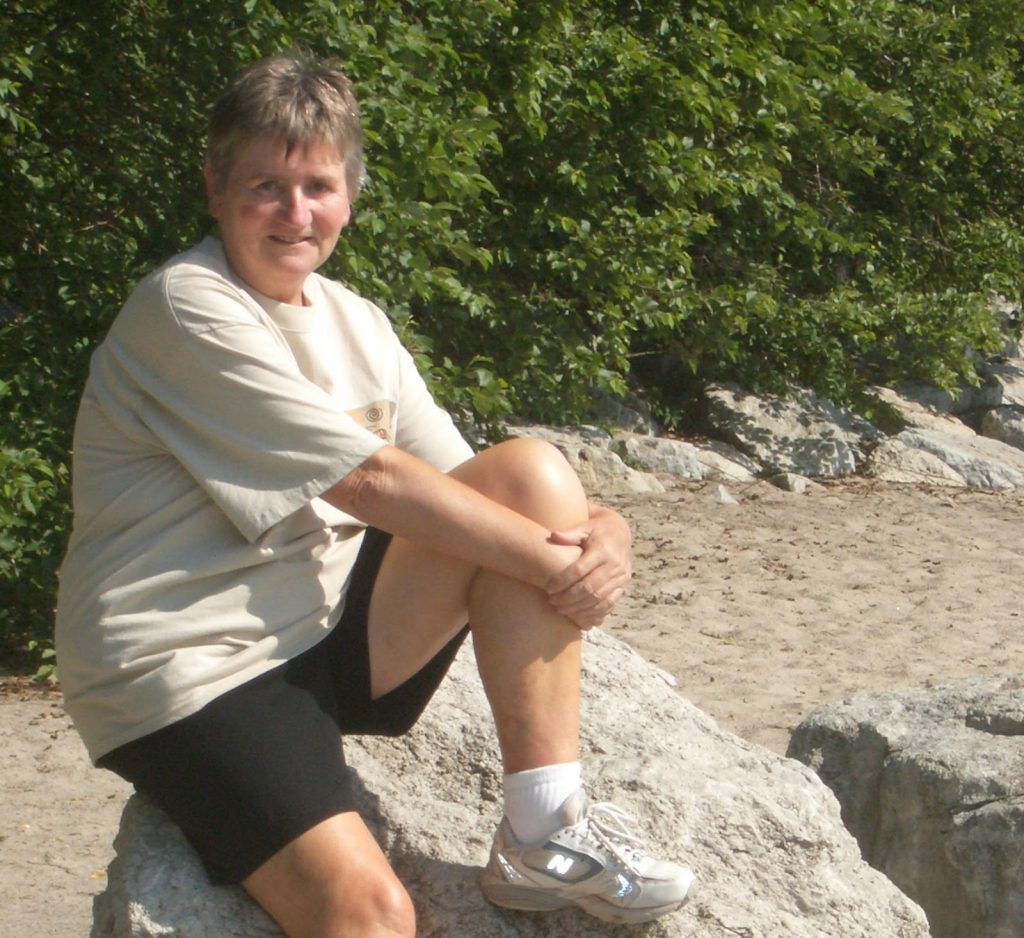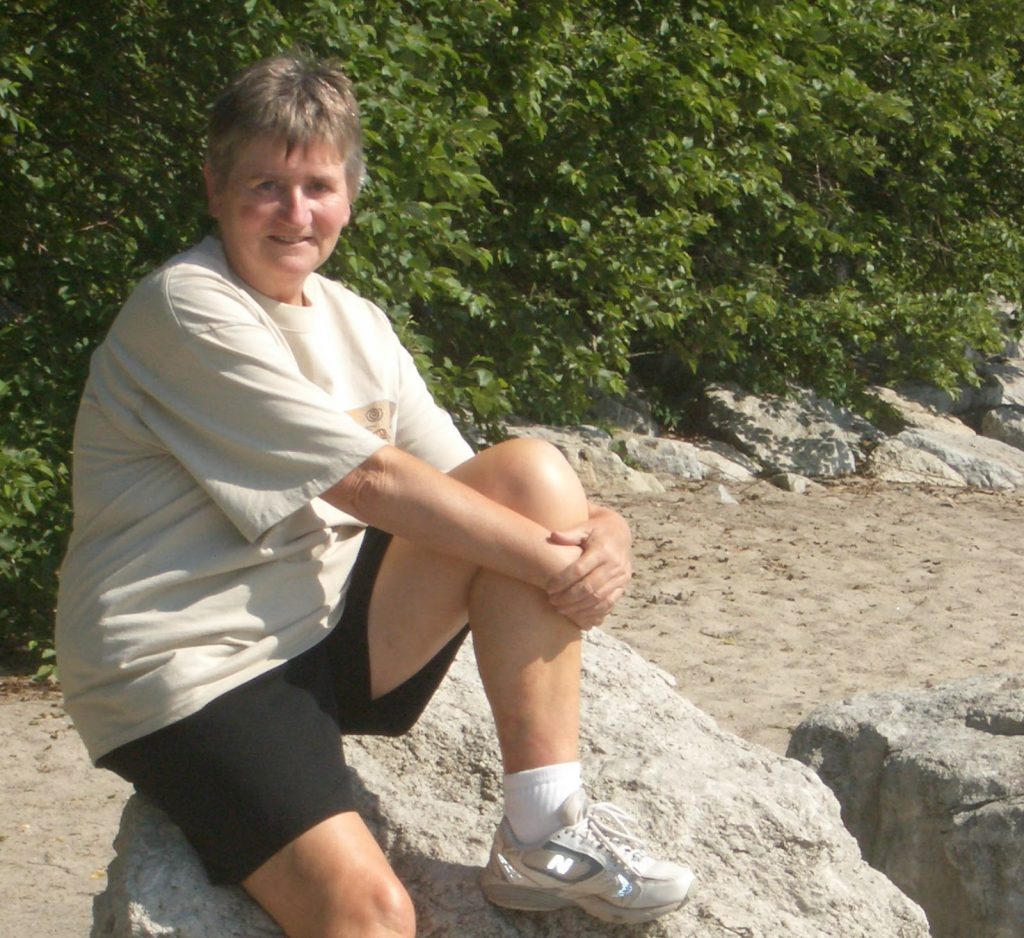We were looking for a trip that would provide both adventure, something different, and a measure of comfort. It was in the year 2000 that our search ended when we read an article in the travel section of the Denver Post. The Shongololo: ten day train tour through South Africa. If this trip turned out to be as the article described it would be perfect. We needed a travel agent representing the South African Company to make the arrangements for us. There was such an agent in Boulder. So to Boulder we went to book our tour on the Shongololo.
The tour started in Cape Town. We decided to spend a few days exploring Cape Town on our own before the tour started. So we booked a room at the Holiday Inn in the heart of the city on Market Square.
We arrived there in mid day and, of course, we were quite exhausted from the arduous trip we had just completed, so we checked into our hotel and went directly to our room to relax and turned on the TV to check on the world news. What we saw was a gorgeous, young, black South African woman delivering the news broadcast by making clicking sounds so unfamiliar to us we laughed. For a moment in our sleep deprived state we thought perhaps we had journeyed not to another continent but to another planet. What we were hearing, we later learned, was Xhosa or the click language. Xhosa is one of the official languages of South Africa spoken by 7.5 million people. Later, on the train one of our guides was to give us a good demonstration of the language.
There our adventure did begin. We were determined to tread that narrow line between being street smart and not letting fear-mongering tie us to our hotel room or at the wildest, organized tours. We had perfect weather – not hard to find in South Africa – and walked for endless miles around the city. We rode the cable car to the top of Table Mountain on of those very rare days when the cloud “tablecloth” did not envelope it and the views from the top were superb. We set off one day to visit a museum dedicated to an old “colored” township which had been demolished during the dark days of apartheid, to make room for white folk who wanted the ocean views the area provided. In the event no further development took place, and the hillside lay barren and empty except for endless windblown garbage. Unable to find the museum, we were told that it had moved, and our informant, an old black man, provided us with two young black men who had been sitting idly on the sidewalk, to be our guides. Ever fearful of being “ugly Americans,” we accepted and set off across this endless wasteland. Betsy and I glanced at each other occasionally with looks that said,
“Are we being stupid? Should we be doing this?”
But one of the young men, who spoke reasonable English, chatted on to us about the current unemployment and other post-apartheid problems, and they seemed O.K.
Perhaps the fact that they were not very big, and we had some notion we could take them if it came to a fight, gave us fools’ courage.
Anyway, it turned out we were not fools. They led us straight to the museum and didn’t even ask for money for their time, although we did give them some before they started on their long trek back into the City. They, and that museum and the friendly people we met there, were one of the great highlights of our trip. Sometimes, when it comes to trust, you’ve just got to go with your gut!
We noticed, while on our own in Cape town, that on the street or in a park or anywhere for that matter, except in our own hotel room, we were constantly approached by South Africans with their hands out asking for–well, we imagined, money was what they wanted. We thought it prudent to NOT hand over cash. And I think we had been advised about this. If we had a little bit, probably we had more would be the message and we certainly wanted to avoid sending that message. We hated the ignoring, so we decided to buy tiny packets of dried fruit which we had noticed in some stores. We kept the packets tucked away in pockets the next time we went out and gave them out as people approached asking for………it turns out they were asking for anything we had to offer and dried fruit was like gold to some. So very grateful they were for a few morsels of fruit. This gratitude so impressed us we wanted to give baskets of fruit rather than tiny packets. But at least we were able to give some sort of response to their supplications.
The streets of Cape Town were full of activity every day. Many people walking about going from here to there, there were always those with their hands out, vendors hawking their wares, crafts, hand made jewelry, clothing, household items, etc. Particularly notable were the groups of young people–usually girls, but not always–performing groups, singing, dancing, sometime simply gyrating to the very lively, upbeat music. The singing was always well practiced, sung in perfect harmony and beautifully. They made choral singing look so easy and they did this while dancing and with no director. We often found ourselves mesmerized by such performances. Of course donations were put into the collection bowl, but talk about working hard for a pittance!
Our escapades on our own in Cape Town were the first indication of what a happy people the South Africans are. This fact impressed us throughout the trip through the country. These people whom one would expect to be full of anger and resentment, many of them struggling to survive from one day to the next, were, at least seemingly, some of the happiest people we had ever seen.
OK OK this is supposed to be about train trip. Yeah, yeah!
After a wonderful time in Cape Town we finally did board the train, and rattled off up the coast of the Indian Ocean.
Have any of you seen, on TV, the travelogue of The Blue Train, another tourist train which winds it’s way across South Africa, as it’s passengers sport dinner jackets and cocktail dresses and sip champagne in their expansive private lounges? Let me disillusion you right now.
The Shongololo ain’t no Blue Train!
Our cabin was tiny, with two very narrow folding bunks huddled on either side of a tiny wash basin, suggesting something out of the shrunken part of Gulliver’s Travels. But it was clean, as was the shower which, far from en suite, was one per each carriage of perhaps a dozen people. Out of 40 or so passengers, there were only two other Americans, who, apparently unprepared, were appalled by the accommodations. However, after the first bout of complaints they gave up, accepted their situation, and ended up being very good sports. The rest of the passengers were a mix of various Europeans, several Aussies, a few from New Zealand and Canada and some miscellaneous, or, as the Brits put it, odds and sods.
The train travels overnight while you sleep. If you’re lucky, that is, as it hurtles round bends accompanied by squealing breaks, only to shudder swiftly to slower speeds while you cling desperately to the strap provided beside your bunk. The previous night, you decide which of several van trips you choose to go on the next day. Maybe a gold mine, wildlife preserve, ostrich farm, museum, shopping, spend the day at the beach or at the winery. Never a dull moment! All the trips were fascinating. You have breakfast, and all the meals were delicious, and then they unload the vans from the flatbeds on which they ride, and off you go on your trip of choice, returning to the train in the evening for dinner and of course exchanges of van stories in the bar.
We loved every minute of it.
The entire trip took place in South Africa and all regions of that country except for one stop in a different country–Swaziland. The Kingdom of Swaziland, a sovereign nation, is an island in the sea of South Africa, completely surrounded by the larger nation with the exception of Mozambique to the East. The Shongololo made one brief stop in Swaziland. When we pulled into the station we were greeted by yet another group of singing, dancing children. These were school children, younger than those we saw in Cape Town, and had been well groomed and trained for this event and they performed with precision. They seemed to be very proud to be able to entertain us and did not expect any reward. Once we filled out the required “arrival forms,” as with all the other stops we were able to depart the train and spend a few hours in the local craft market and a glass recycling shop.
From the vantage point of The Shongololo, which means centipede in Zulu, we were able to get an excellent view of the diverse topography of South Africa. From the coastal towns like Port Elizabeth and Durban through the Drakensberg Mountains to the lush winelands and the Klein Karoo. South Africa is rich in spectacular and diverse scenery. So little time, so many places to see and so many things to do. There is not time or space here to even touch on all the varied adventures and sights offered to us on this trip. But there are two in particular that I must mention.
I do not remember exactly where the ostrich farm was, but we both chose that option on the day it was offered. I may have settled for a day of rest on the train that day had I known I would soon find myself perched upon the back of an ostrich racing around an ostrich corral. At first it was scary but turned out to be good for a lot of laughs–laughs for the spectators. I did not laugh at all until I was allowed to dismount from the bird. They can run like the wind!
Did you know ostrich eggs are strong enough to stand on without breaking. We were given the opportunity to prove it by doing just that before we left the farm.
Since I love swimming in the ocean especially in the surf, when we visited the city of Durbin I had to dig out my” bathing costume,” as they say in south Africa, and spend a day at the beach. The beach, the weather, the Indian Ocean surf–all of it was absolutely blissful. I was paddling around in the water when my bliss was interrupted by a loud, shrill, high-pitched sound very much something I had heard before–oh yes, a life guard’s whistle. When I “woke up” and looked around, I noticed that everyone was running out of the water toward the beach. The whistle kept sounding so it was abundantly clear that there was a reason for leaving the water–the sound of the whistle and the urgency with which people were leaving the water was quite startling, really. Meantime Gill had been sitting in a cafe enjoying a beer, watching the bathers when all this excitement took place. She had no more idea than I did what event had precipitated the hasty exodus so she asked the waiter who calmly explained,”Oh, someone spotted a shark. It happens a lot.” I probably will never swim in the Indian Ocean again. But if I do it will not be blissful ever again. Just scary.
We could go on and on about every single day. They were all great. Good times with wonderful friends we acquired on the trip, especially one Australian couple who came to stay with us in Denver a couple of years later, and we have a standing invitation to visit them. We were certainly the only same-sex couple on the train, but if anyone cared they kept it to themselves.
We were lucky, of course; not all the Shongololo trips went as ours did. The one right before ours was, apparently, something of a disaster. It had poured with rain the entire time, they had been unable to go on several of the scheduled trips due to flooding, and Kruger National Park was closed. The train tracks were slippery and the train derailed at one point. No-one was hurt but it caused serious disruption to the schedule. On top of all this, the British and German passengers were about to start World War Three!
On our trip, the carriages were largely set up by language and we didn’t see a whole lot of the large German contingent, I guess the company had learnt it’s lesson! Not that Brits and Germans inevitably cannot get along, but given that the vast majority of travelers on the Shongololo are our age, and so of World War Two vintage, a little friction is no surprise. We had no problems, although I have to say there was one memorable German lady who could well have precipitated a few quarrels but we were all determined to keep the peace, although the Brits all nicknamed her Hildegard the Horrible Hun.
She was a very big woman with hair dyed something near maroon. She barked tersely at everyone in strident German and strode about everywhere in a way that could only conjure up visions of shining jackboots. The train’s corridors were only one-person wide but she would advance on a group of us heading in the opposite direction, forcing a dozen people to back up so as not to impede her progress. She would also come from her own carriage to ours to use our shower, very much against the unspoken rules, as there was always a long line for the shower at the end of each van trip. But as I say, we were lucky. Everyone just joked about it and didn’t let Horrible Hildegard upset our equanimity. In fact, as we observed the German contingent shaking their heads and tut-tutting over her, she helped us all to bond!
Anyway, Hildegard the Horrible Hun turned out to be the biggest, really the only, negative of the entire trip. Not only was it the best train trip we have ever been on, but it was certainly on of the best trips of any kind of our lives. Sometimes we’re tempted to do it again, but over a lifetime we have at least garnered enough wisdom to know you can never repeat the best things; the best times. We went looking for a little adventure, something different, and we found that and a lot more.
As a postscript, I want to share a very SHORT story with you. We were camping in a fairly remote part of Utah last year, and ran into a young South African woman. We immediately, of course, strted regaling her with our Shongololo experience. She found this to be an extraordinary coincidence, as her childhood nickname had been Shongololo. It’s probably not an earth-shaking coincidence, really, but out in the middle of the Utah desert, it sure seemed that way!
© 8/25/14
About the Authors
Betsy has been active in the GLBT community including PFLAG, the Denver women’s chorus, OLOC (Old Lesbians Organizing for Change). She has been retired from the Human Services field for about 15 years. Since her retirement, her major activities include tennis, camping, traveling, teaching skiing as a volunteer instructor with National Sports Center for the Disabled, and learning. Betsy came out as a lesbian after 25 years of marriage. She has a close relationship with her three children and enjoys spending time with her four grandchildren. Betsy says her greatest and most meaningful enjoyment comes from sharing her life with her partner of 25 years, Gillian Edwards.
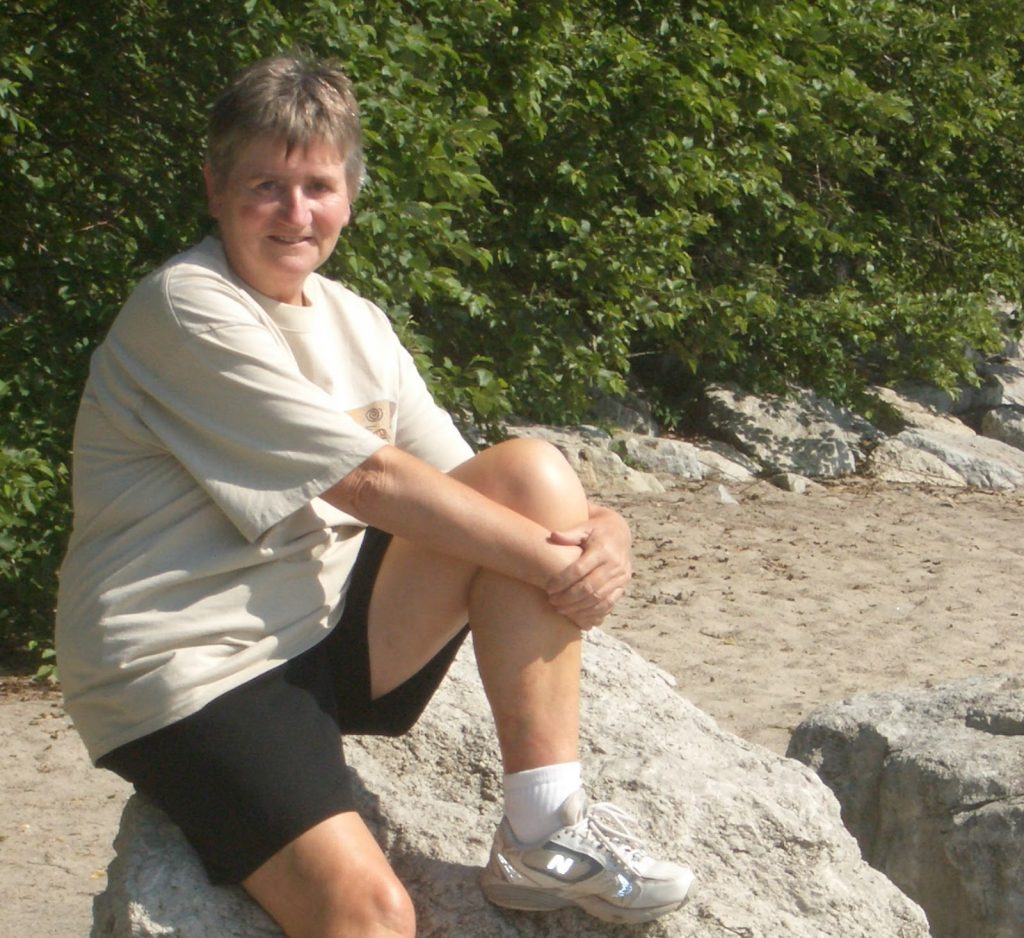
I was born and raised in England. After graduation from college there, I moved to the U.S. and, having discovered Colorado, never left. I have lived in the Denver-Boulder area since 1965, working for 30 years at IBM. I married, raised four stepchildren, then got divorced after finally, in my forties, accepting myself as a lesbian. I have now been with my wonderful partner Betsy for 25 years.

